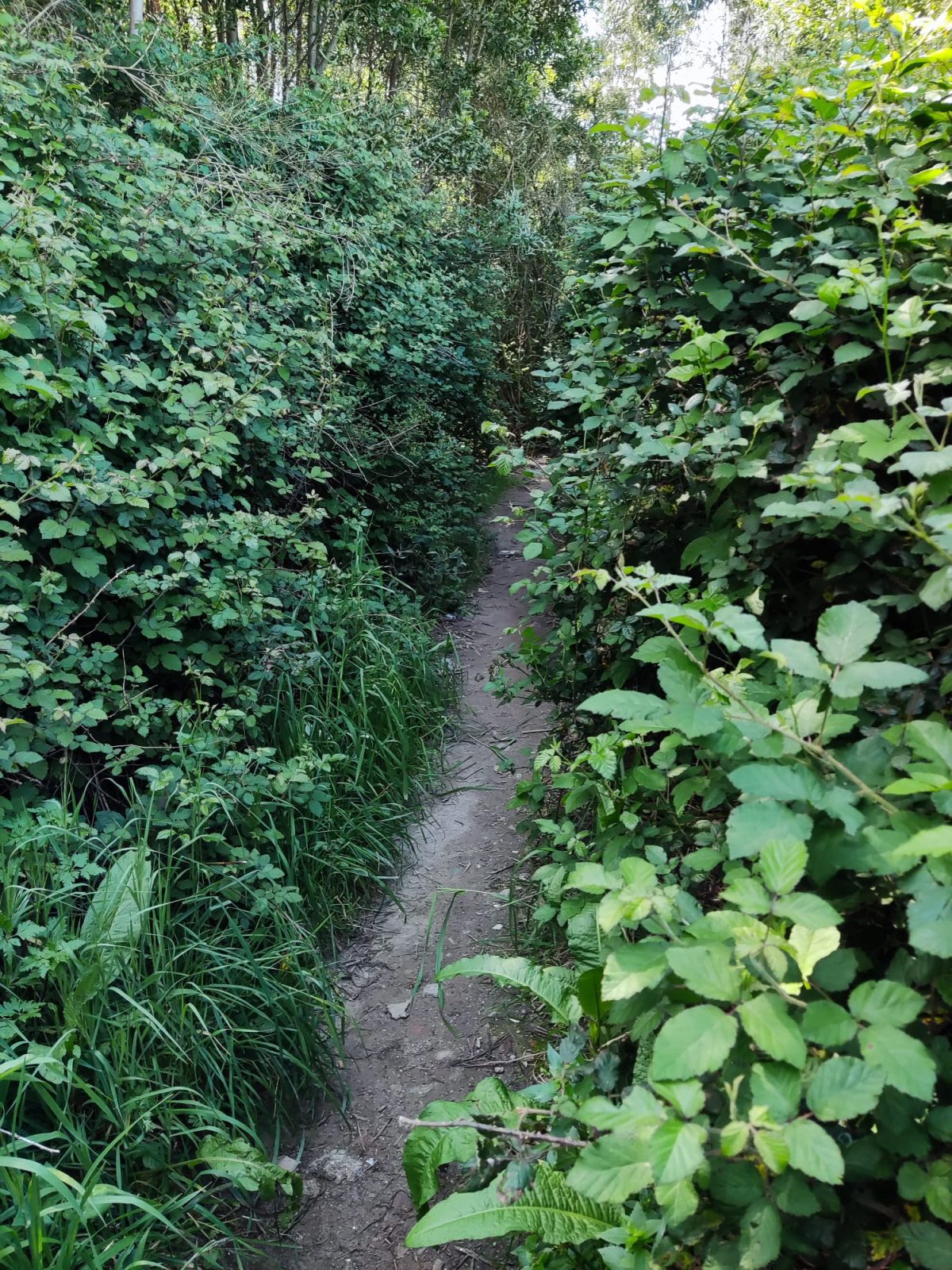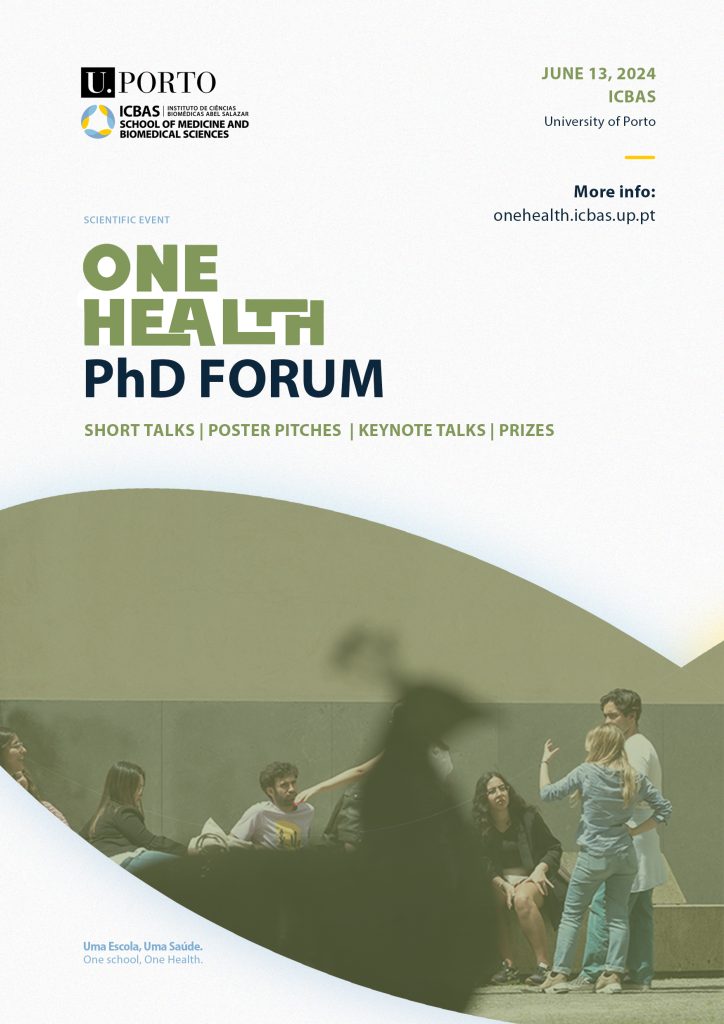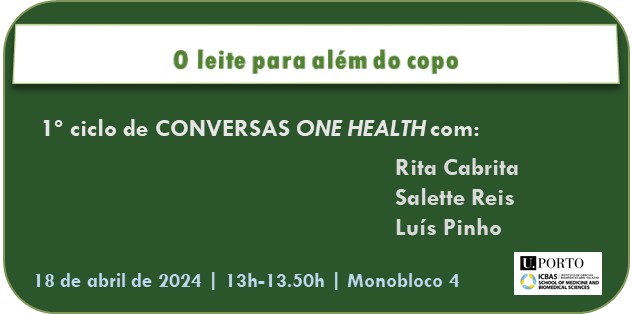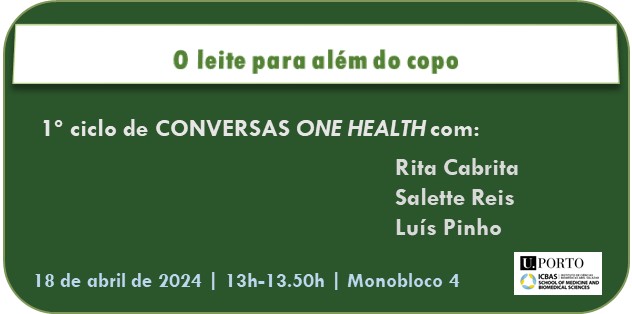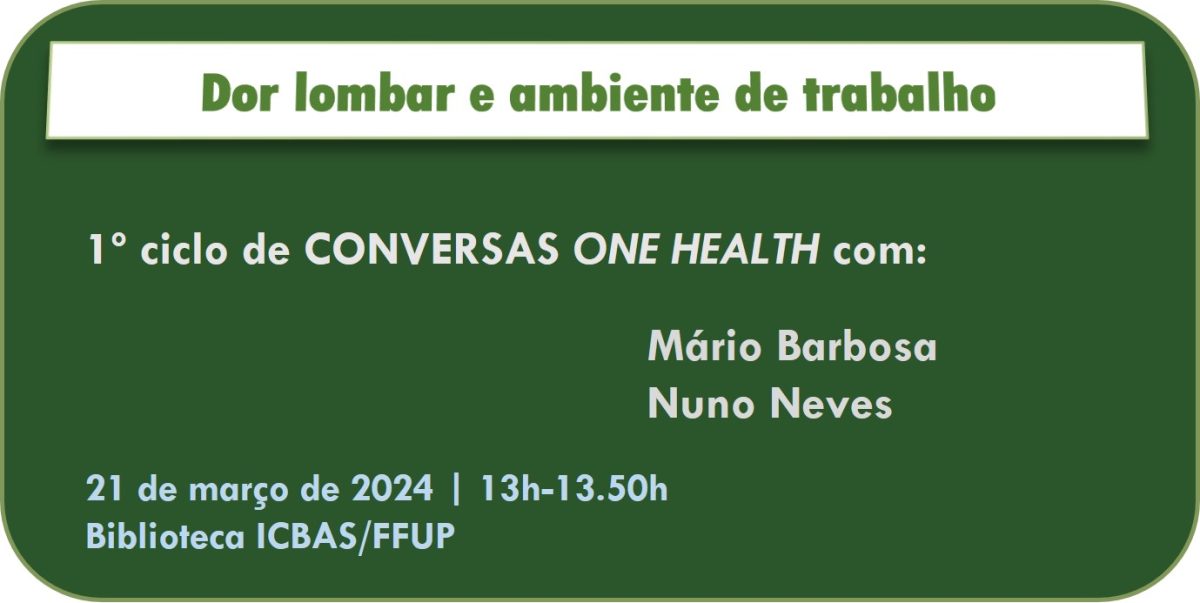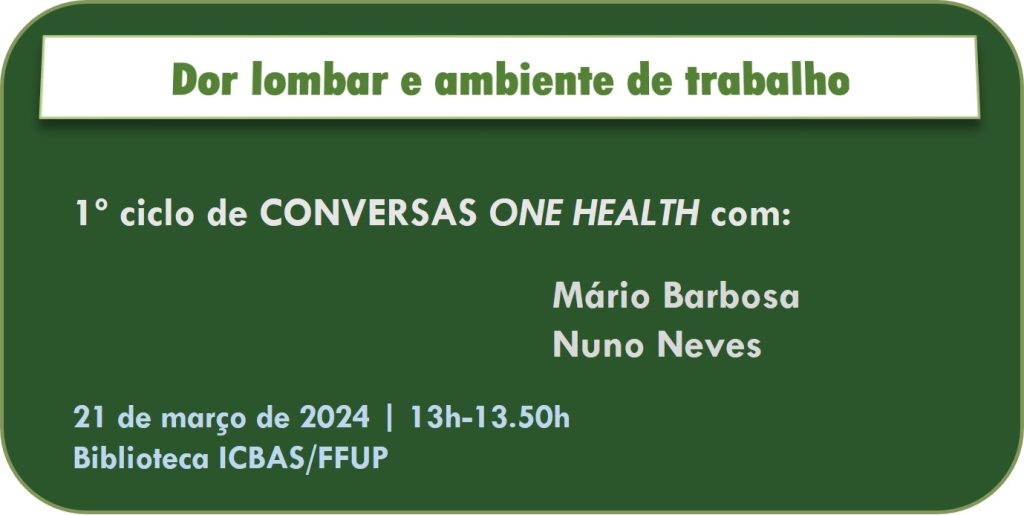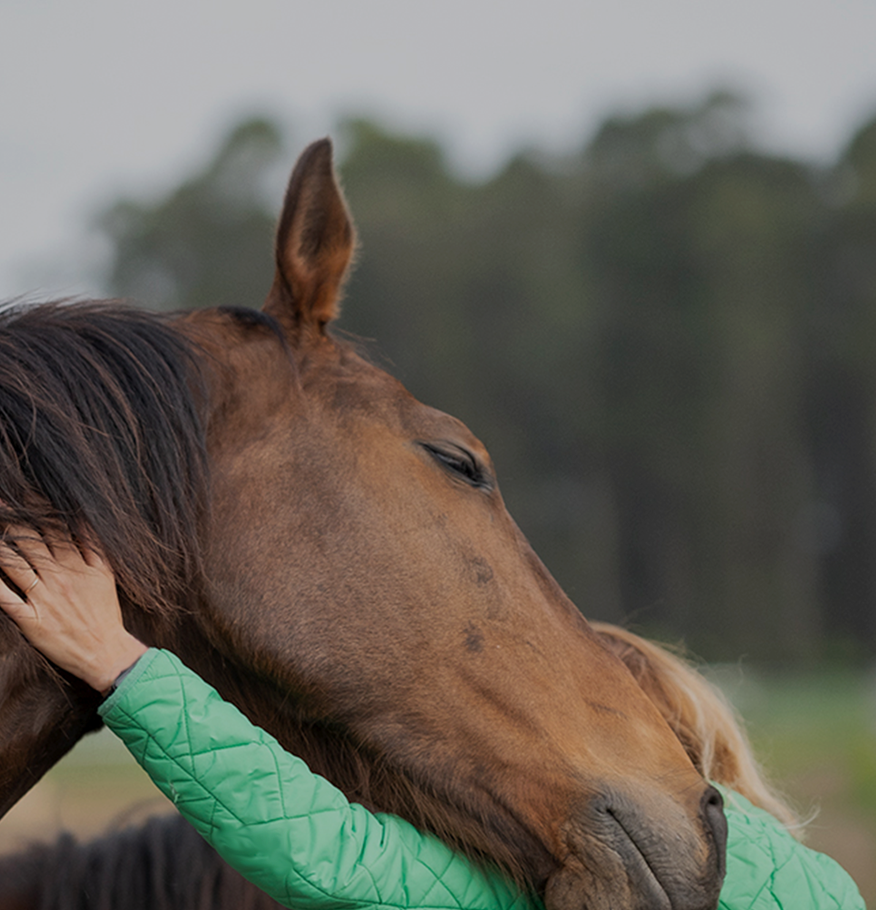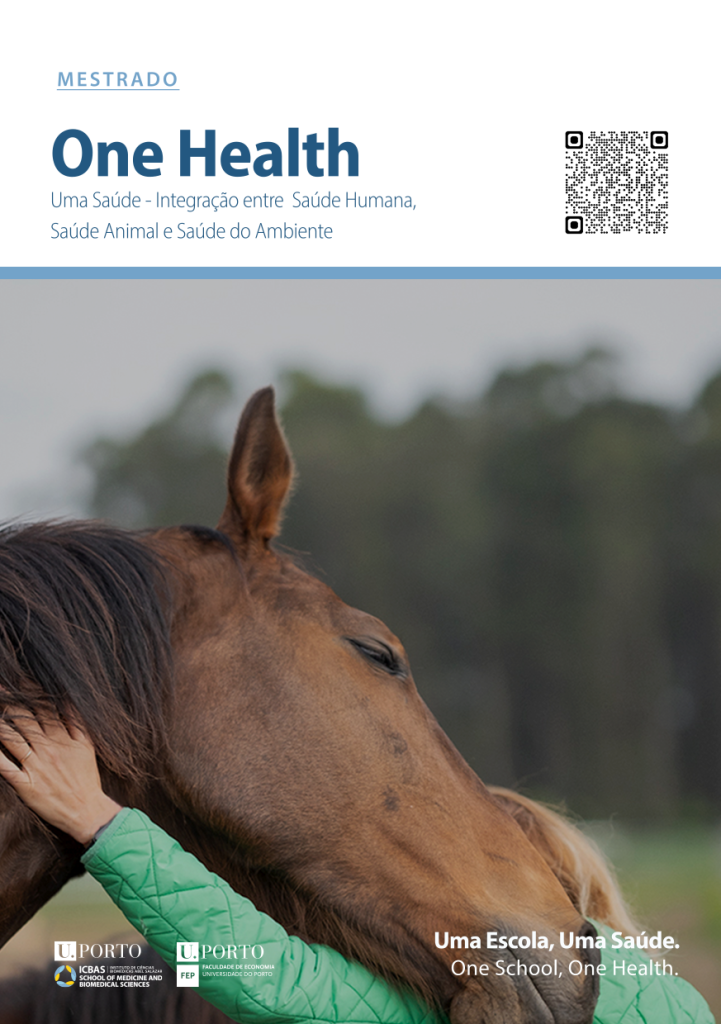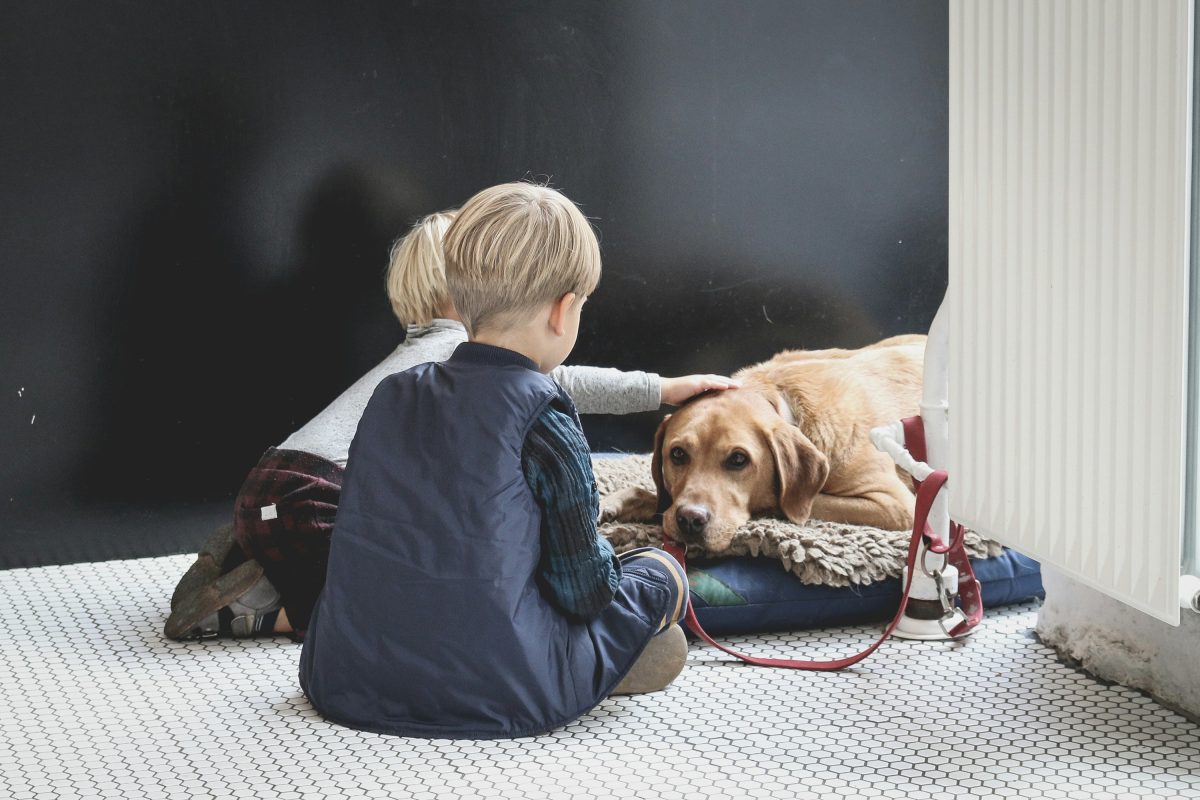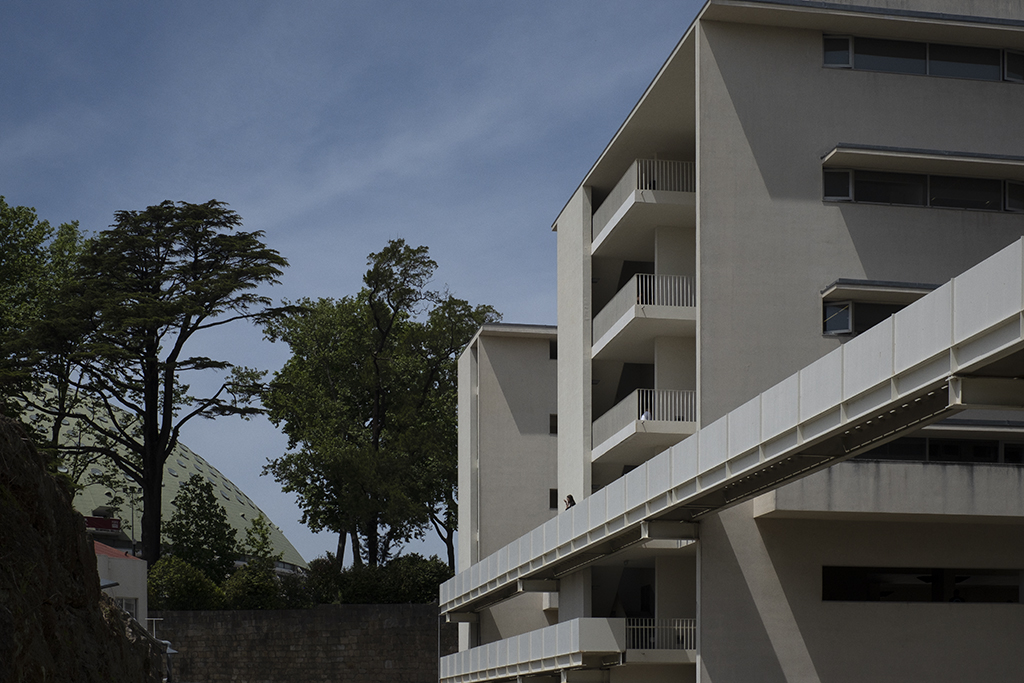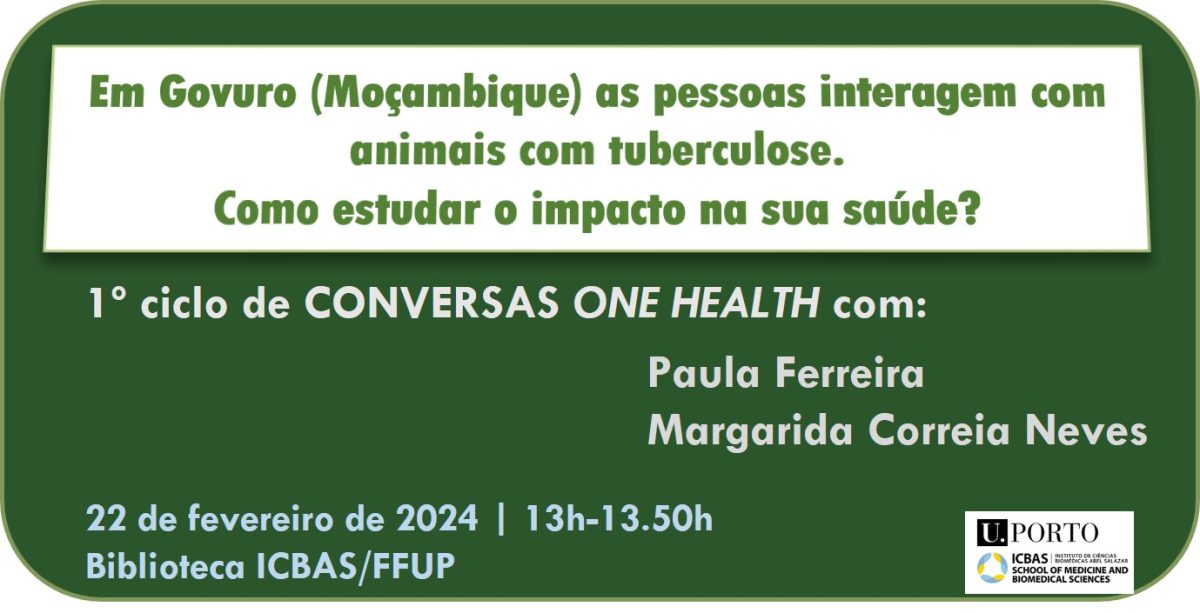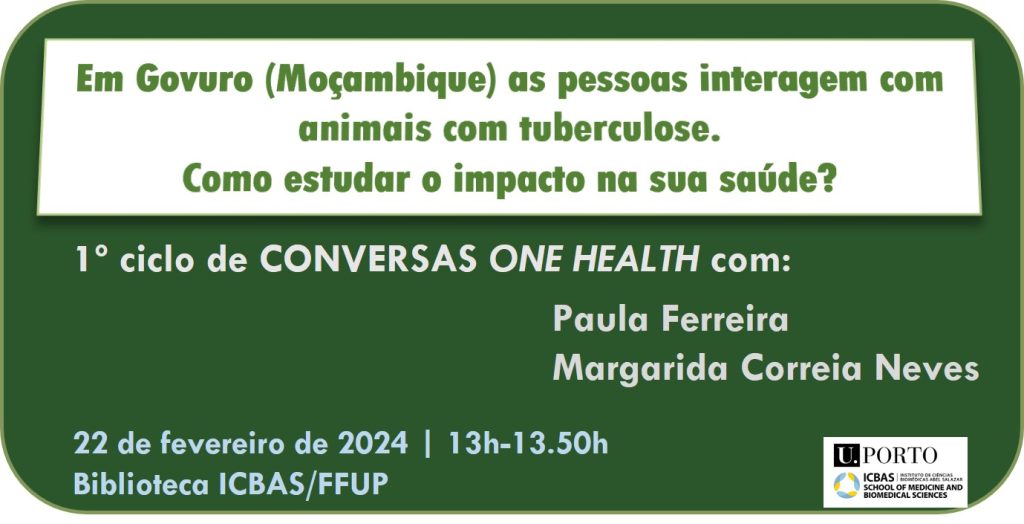By Luísa Azevedo, ICBAS
PORTO - The history of human evolution seems to be lost in time when our limited time does not leave us time to contemplate it. However, the milestones of this million-year history continues to fascinate generations because one of our main wonders is to understand our most distant origins. This is a trail with many milestones, important milestones and seemingly less relevant milestones, but which were the basis of other adaptations. One of these important milestones was the development of the vision. We are visual beings. Our eyes are adapted to perceive light, color, movement, and the others, living and non-living. Another important milestone was the gradual anatomical adaptations that led to bipedalism, and which allowed a broader perception of the world around us, freeing our hands to build tools, shelter and the quest for food. Then, time arrived for the development of our brain and our unique cognitive abilities, which entrust us with the responsibility of taking care of the world around us, and the other living beings.
As we discuss, and want to continue discussing about the importance of the approach that integrates the environment, humans and all other living beings, i.e. the One Health , it is worth thinking about how we got here, our evolutionary process, and the way we have always interacted with Nature, but also how we will continue to do so. From a perspective of historical legacy, perhaps centuries or millennia from now, someone may write about how this One Health multidisciplinary approach marked another significant step in our ongoing journey.
Image Credits: Luísa Azevedo


